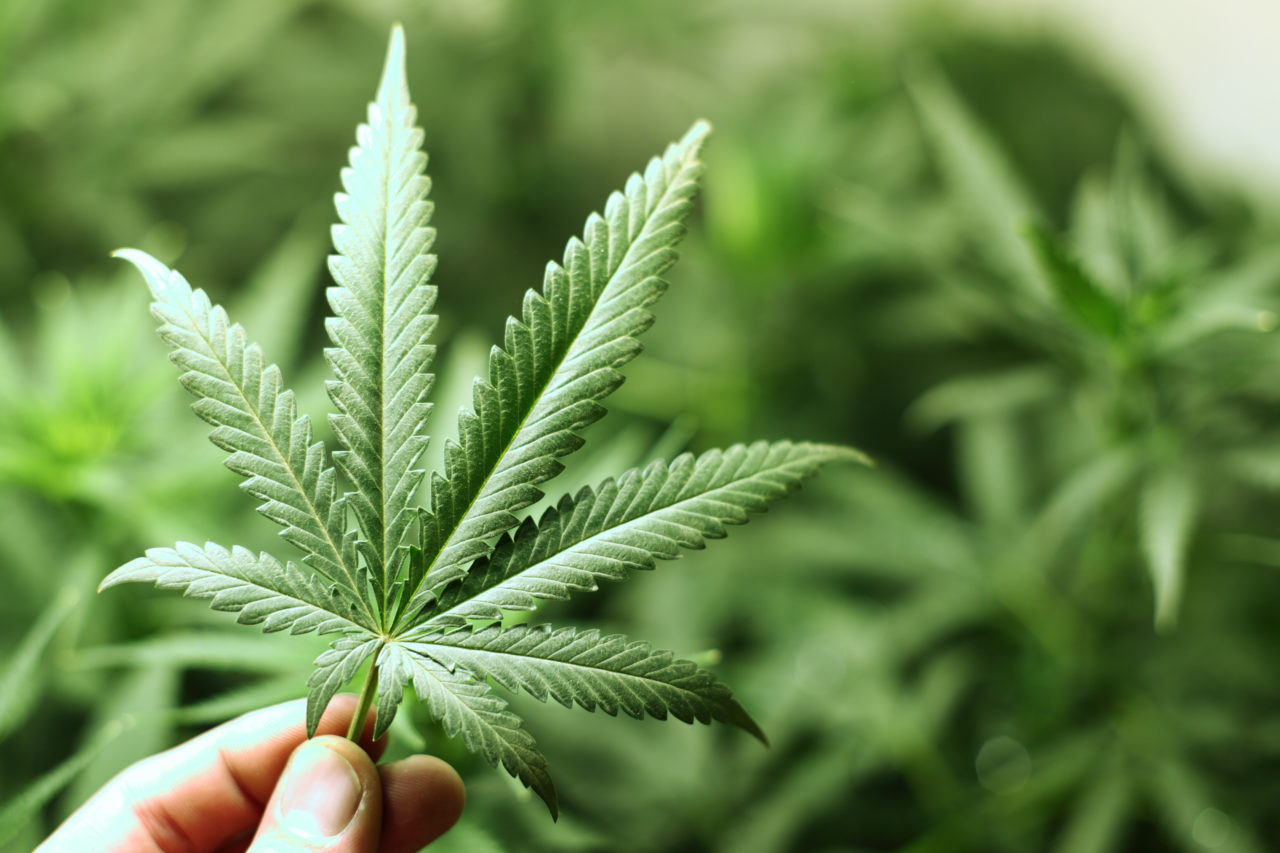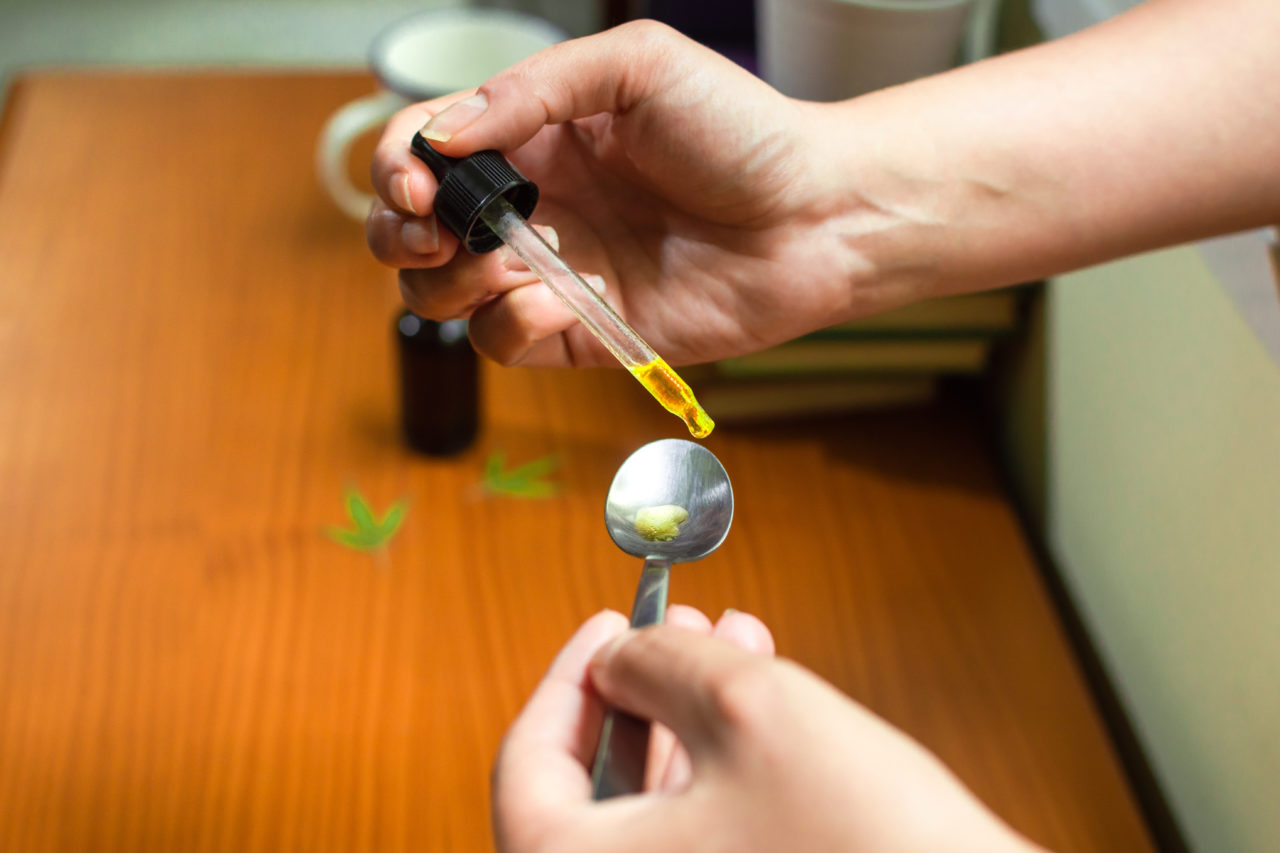Words mean things in the medical cannabis community. So much so that we need to be very particular about the words we use on our website, in our marketing materials, and so forth. With that in mind, some very astute Beehive Farmacy customers have pointed out a recent trend that emphasizes ‘persistent pain’ over the more traditional ‘chronic pain’.
‘Persistent pain’ now appears to be the preferred term when discussing medical cannabis as a treatment for pain that continues to manifest itself over a long period of time. The question is, why? We may never know the answer. We can only speculate based on what we are hearing within the industry.
For the record, it is not unusual for the two terms to be used interchangeably. There may be some subtle nuances to differentiate them, but they essentially mean the same thing. Both chronic and persistent pain is pain that lasts longer than would normally be accepted.
No Hard and Fast Time Rule
We carefully chose the wording of that last sentence to illustrate the fact that there is no hard and fast time rule defining chronic or persistent pain. The generally accepted rule of thumb is to describe chronic or persistent pain as pain that lasts a minimum of three months. But for the purposes of determining medical cannabis qualifying conditions, three months is too long.
That may be one of the reasons state regulators have adopted the ‘persistent pain’ term. Utah’s medical cannabis regulations define persistent pain as pain that lasts for at least two weeks. It is treatable with medical cannabis if it is not adequately managed by way of other treatments or interventions.
‘Chronic’ Has Negative Connotations
More than one industry representative has speculated that the transition to the ‘persistent’ terminology is largely due to the fact that the word ‘chronic’ has negative connotations attached to it. That makes perfect sense. If you’re not sure why, check out three of the dictionary definitions of ‘chronic’:
- Continuing or occurring repeatedly for a long time.
- Being, providing, or requiring long-term medical care.
- Always present or encountered especially: constantly vexing, weakening, or troubling.
All three definitions seem to have one thing in common: they imply a sense of hopelessness. A person experiencing chronic pain for months or years can certainly find themself feeling that way. They try everything to no avail. They are left feeling hopeless about ever feeling physically normal again.
‘Persistent’ Is More Neutral
On the other hand, the word ‘persistent’ implies a bit more neutrality. Something that is persistent is not necessarily permanent. Not only that, but there is also no implied permanence in the word. Instead, there is more of an implication that a persistent condition can be addressed with the right intervention.
An understanding of the nuances of this particular word would explain why the medical cannabis community is more likely to refer to persistent pain rather than chronic pain. Persistent pain can be managed with medical cannabis. Patients can find relief and experience restored function. They can get back to living the lives they once lived before pain became so overwhelming.
Whatever Works for You
Whether you prefer to discuss chronic or persistent pain doesn’t matter much in relation to the legality of medical cannabis in Utah. Whichever term works for you is fine. As for the community, there has been a decided movement toward the ‘persistent’ terminology. Referring to pain as ‘persistent pain’ is a kinder and gentler way to talk about something that is often debilitating. And if we can get more people to talk about it, that is good.




